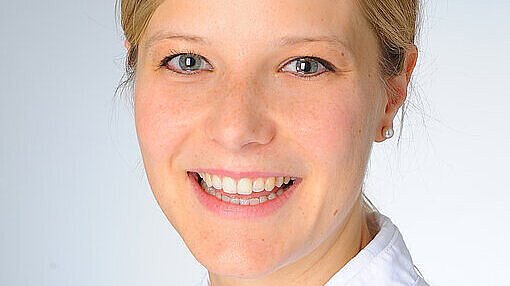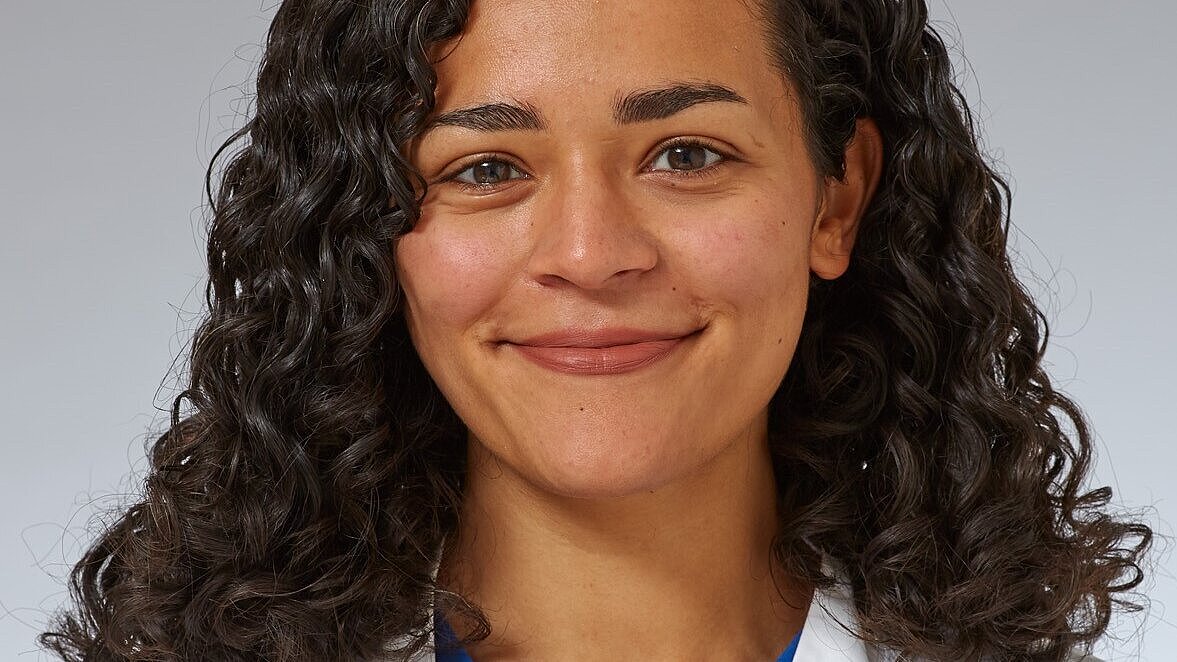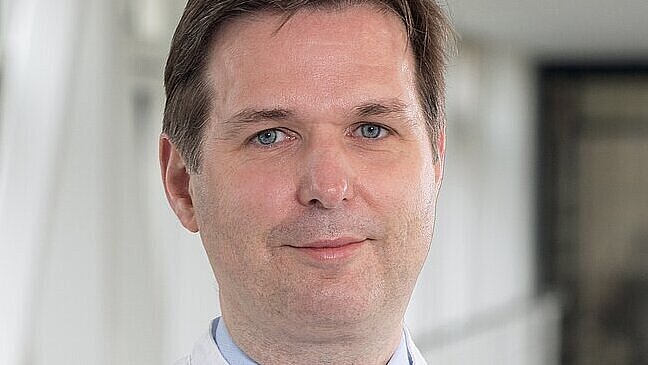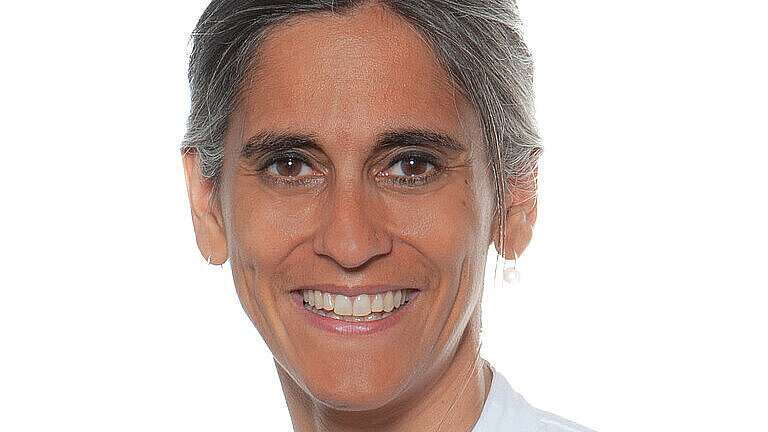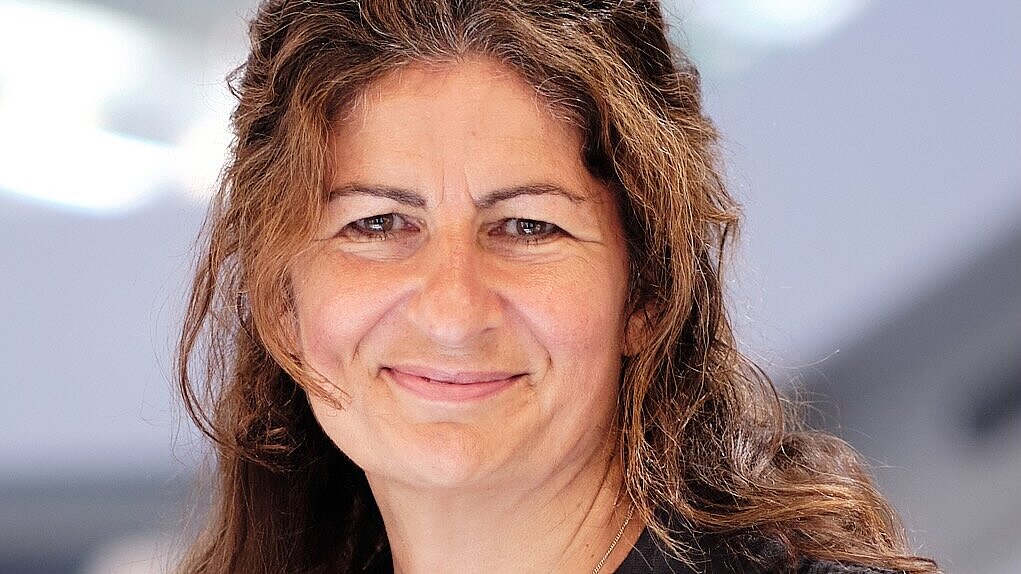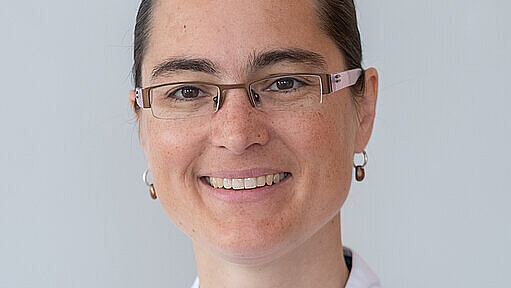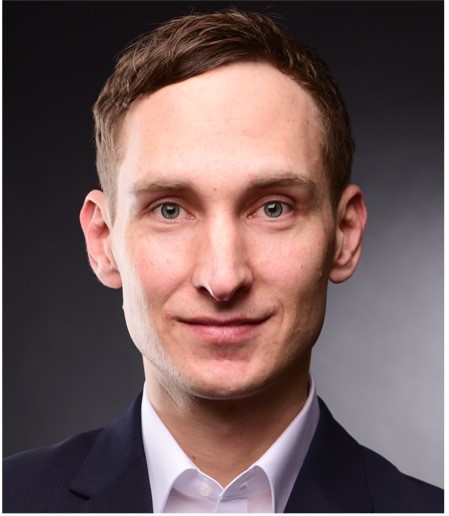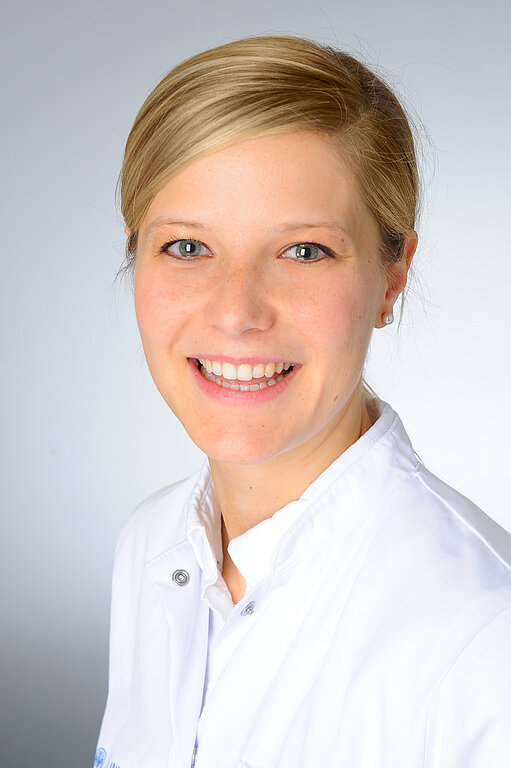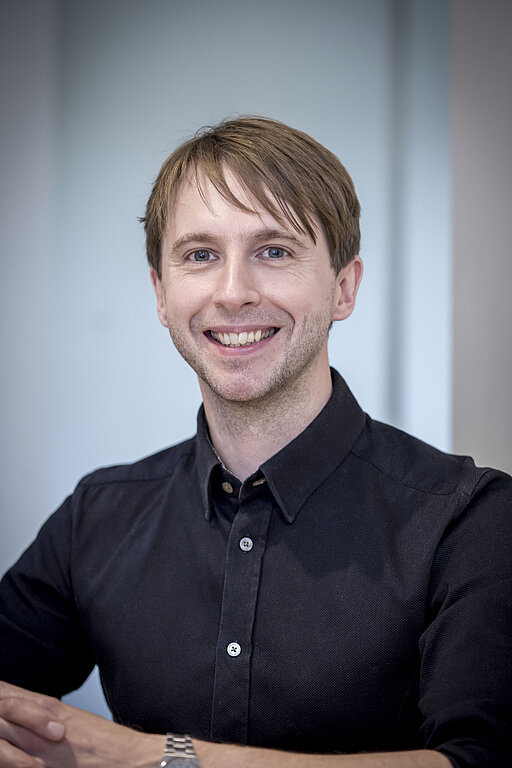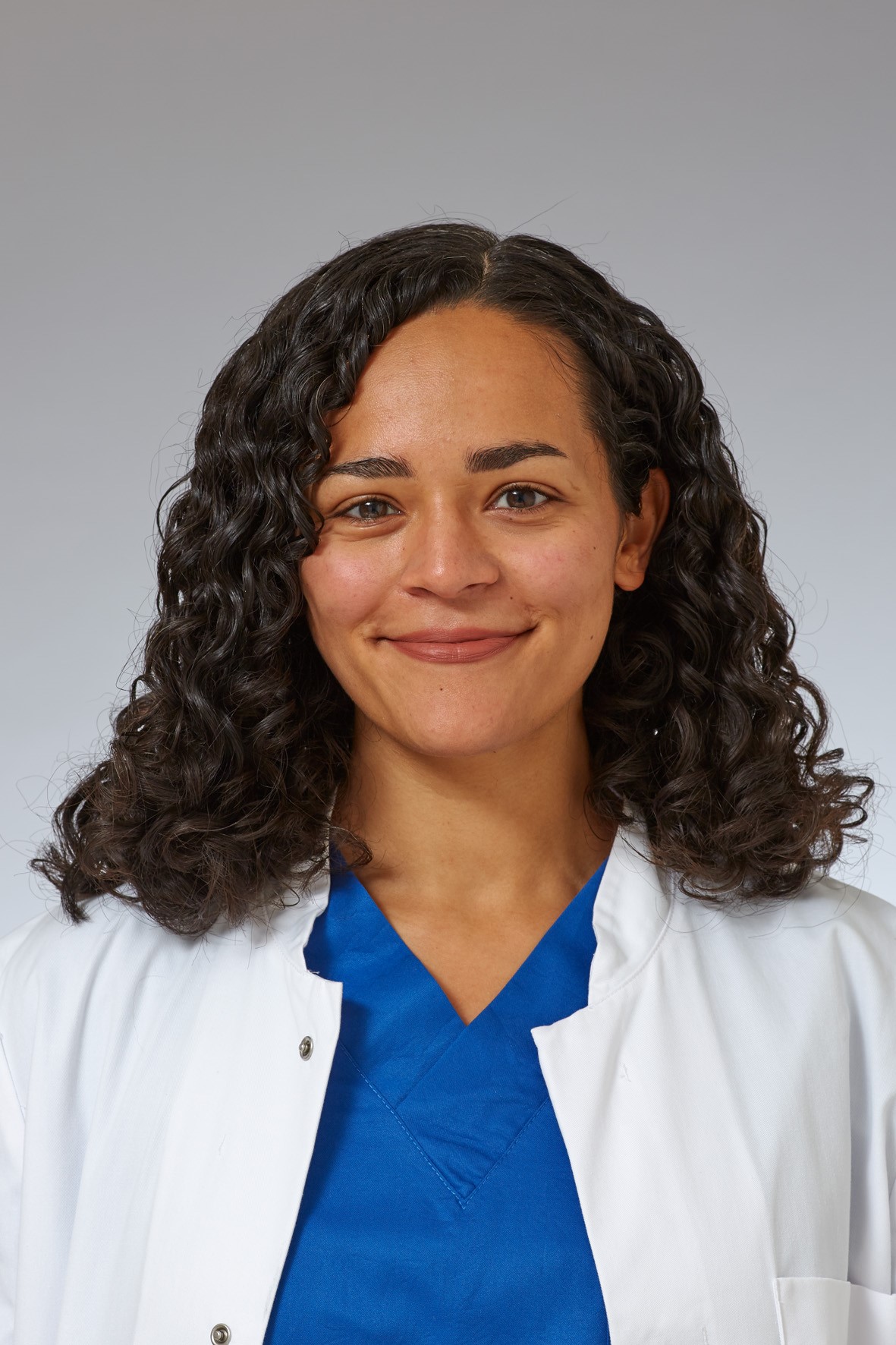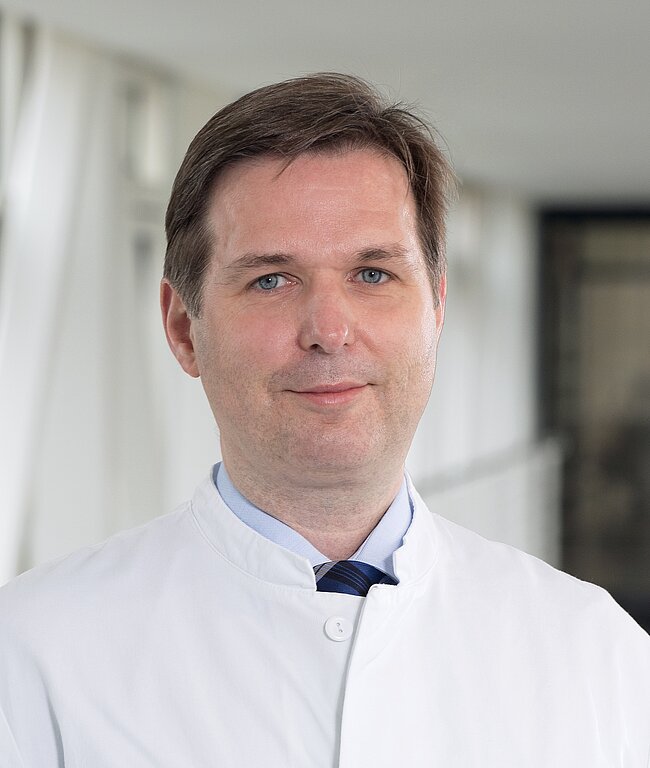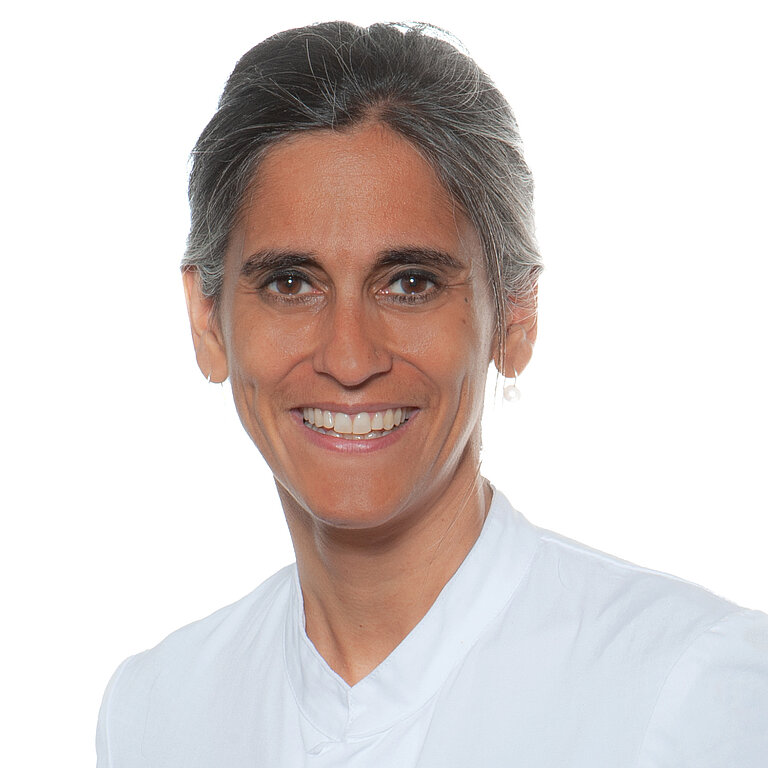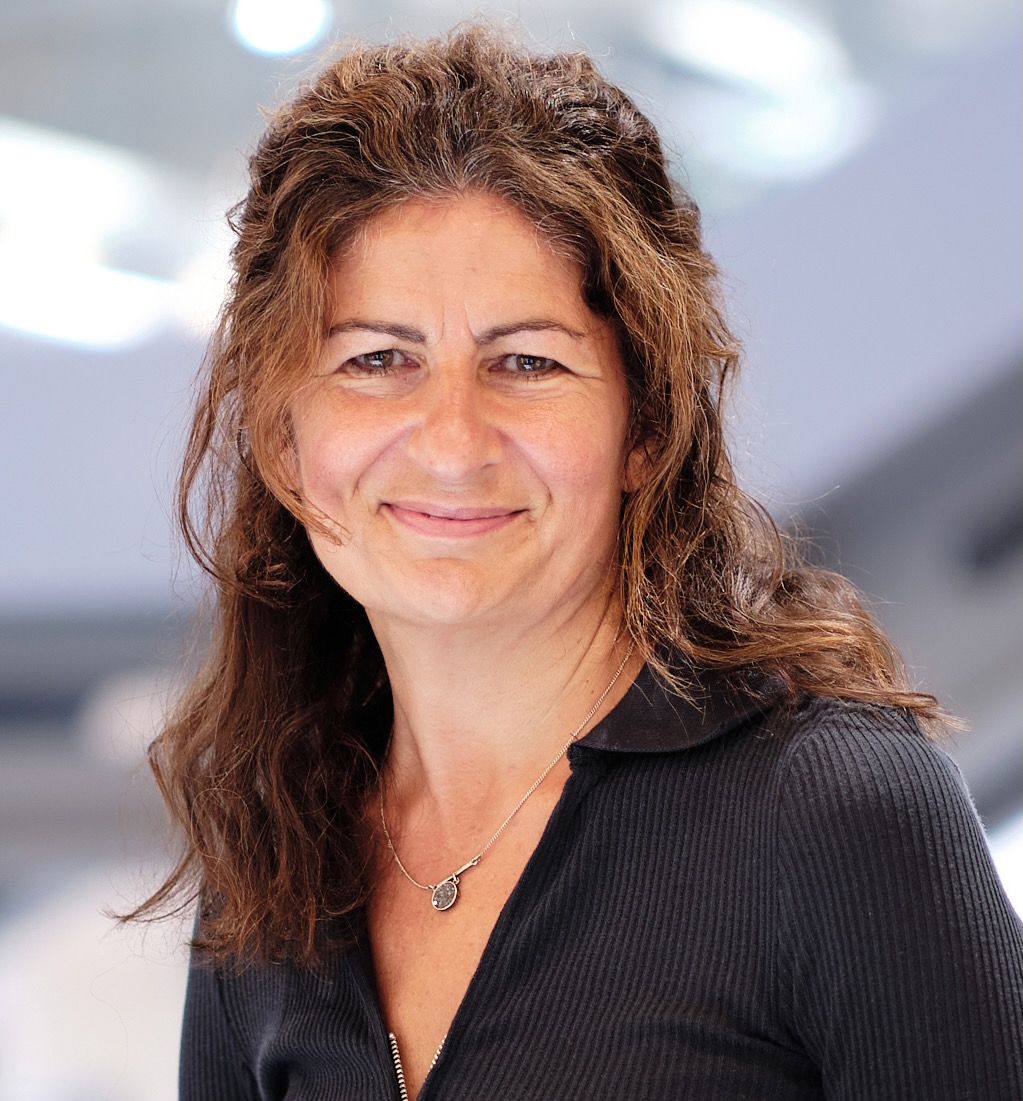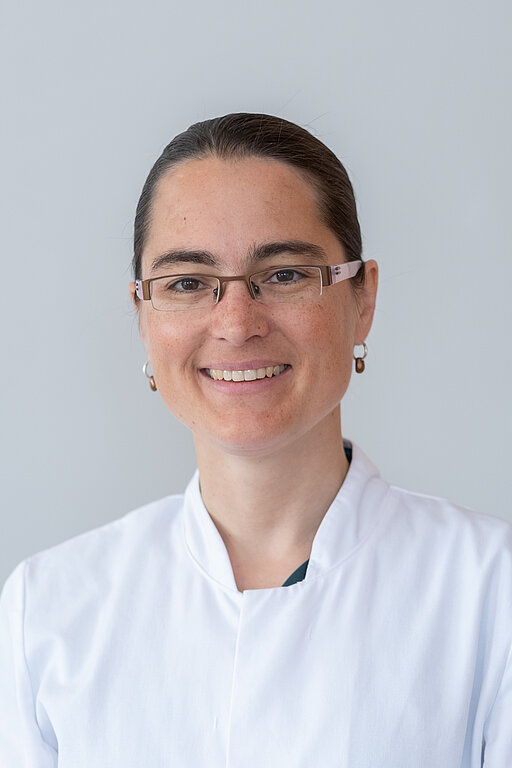Jesper Larsen is a veterinarian and senior scientist at the National Reference Laboratory for Antimicrobial Resistance, Department of Bacteria, Parasites, and Fungi, Statens Serum Institut, Copenhagen, Denmark, which performs surveillance and control of antibiotic-resistant bacteria in humans, including carbapenemase- and extended-spectrum beta-lactamase-producing organisms, vancomycin-resistant enterococci, and methicillin-resistant Staphylococcus aureus. He is also a member of the Danish Veterinary Consortium, where he is involved in public health risk assessment of veterinary antibiotics and surveillance of antibiotic-resistant bacteria in food animals. He uses epidemiological tools and genomic epidemiology to understand and trace the mechanisms behind the evolution and spread of antibiotic-resistant bacteria in wild animals, livestock, food products, and humans in a One Health perspective. He received his Master’s degrees in Veterinary Medicine from the Royal Veterinary and Agricultural University, Frederiksberg, and his Doctorate from University of Copenhagen, Frederiksberg.

